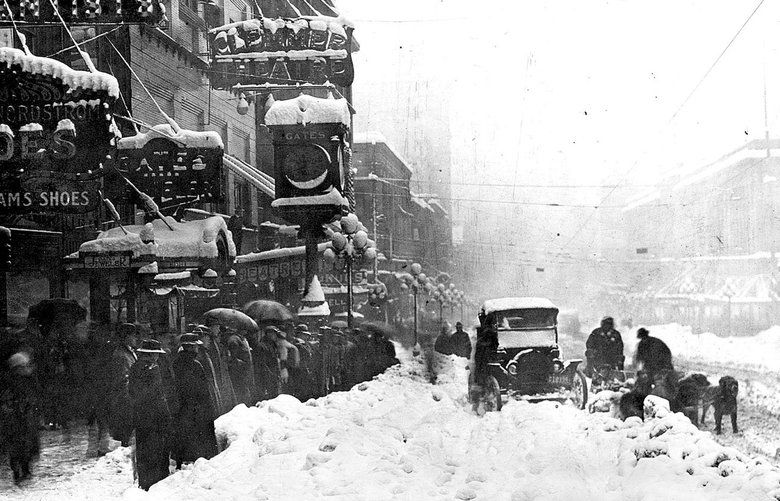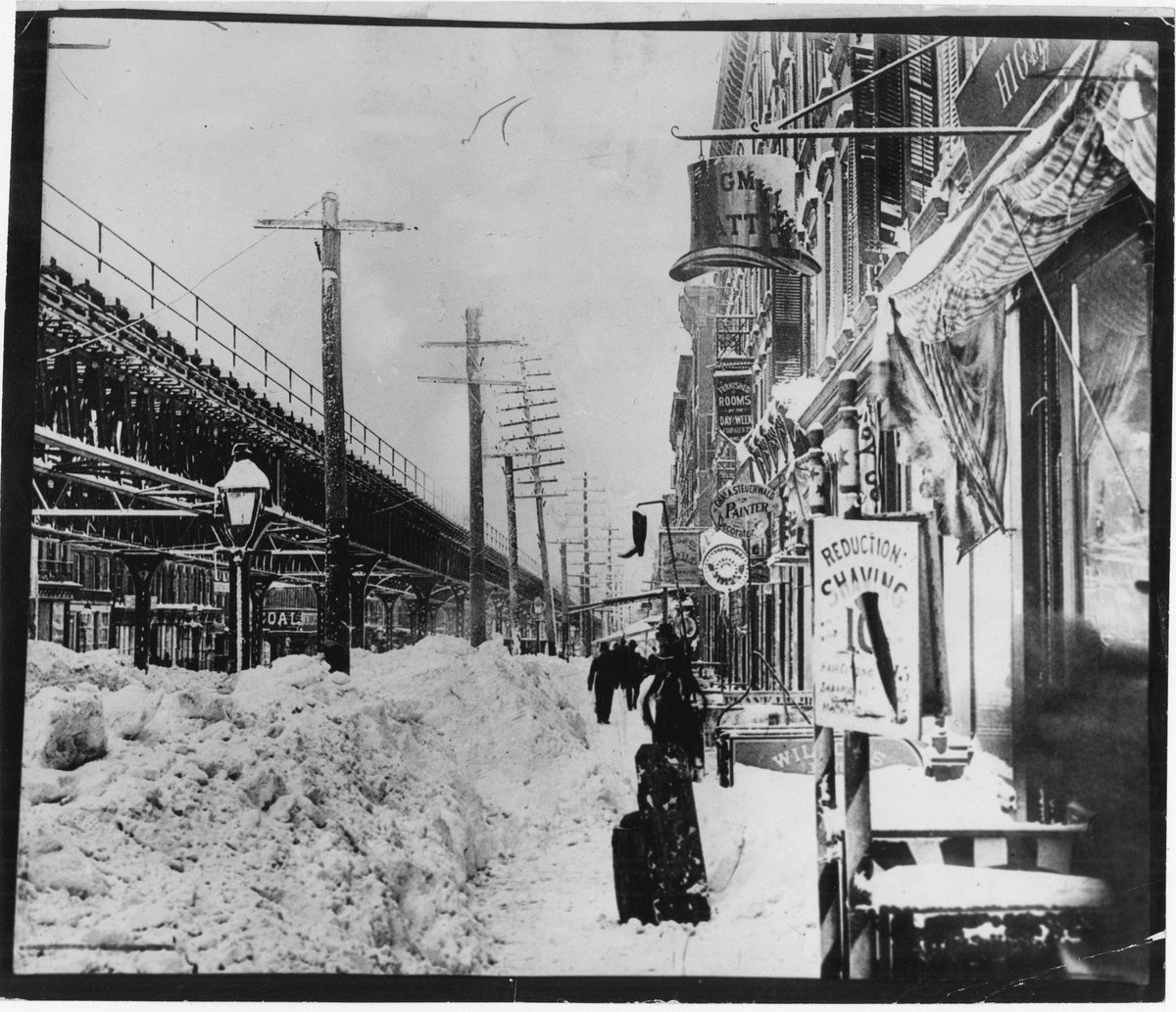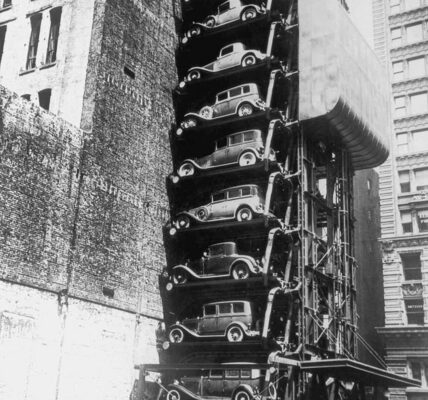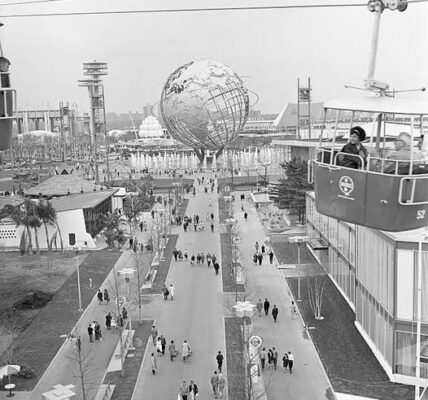New York City After a Snowstorm in 1888
The Great Blizzard of 1888, also known as the Great White Hurricane, was one of the most severe snowstorms in American history. Striking the northeastern United States in March, it left New York City paralyzed under a thick blanket of snow, bringing daily life to a grinding halt and reshaping the city’s approach to infrastructure and emergency preparedness.

The Storm’s Impact
The blizzard struck on March 11 and lasted until March 14, dumping nearly 50 inches of snow on New York City. Fierce winds created massive snowdrifts, some reaching over 20 feet high, burying streets, buildings, and transportation systems. Horse-drawn carriages and elevated trains came to a standstill, leaving residents stranded in their homes and businesses shuttered.
The Aftermath: A City in Chaos
In the days following the storm, New Yorkers faced immense challenges. Roads were impassable, communication lines were down, and supplies ran dangerously low. Thousands of people were left without access to food, water, and medical care. Workers labored tirelessly to clear the streets, often using shovels and horse-drawn plows, while city officials scrambled to restore essential services.

Lessons and Reforms
The storm revealed the vulnerabilities of New York City’s infrastructure. As a result, city planners pushed for major changes, including the construction of underground subway systems to prevent future disruptions. Additionally, electrical and telegraph lines were moved underground to avoid similar outages in subsequent storms.

A Resilient City
Despite the devastation, New York City rebounded with remarkable resilience. The blizzard served as a turning point in urban planning, leading to improvements that would modernize the city. Today, the Great Blizzard of 1888 remains a defining moment in New York’s history, a testament to both nature’s power and human perseverance.



